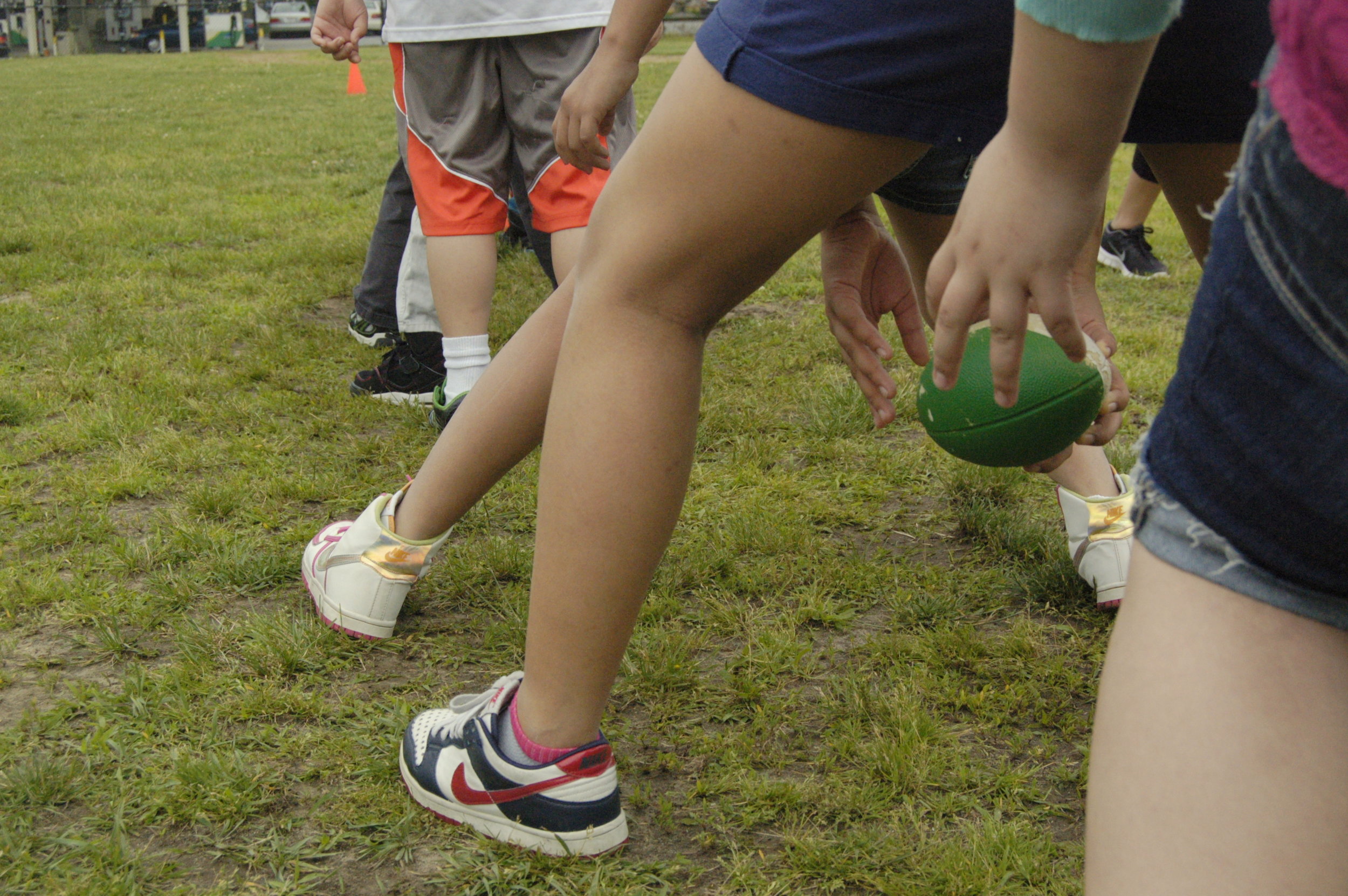When More (Time On Task) is Less (Effective)
 Some years ago, I enrolled in an Italian language class at Boston Language Institute. The class met for 3 hours - no break - several times each week. The instructor only spoke my "new" language, Italian, for the entirety of the three hours. We had some written materials, some listening resources, but mainly we were expected to immerse ourselves in Italian. If this sounds like what happens in a classroom, I would agree.The first thing I learned from this experience was how utterly frustrating it is for a learner to function outside of his or her native language. But one of the larger experiences for me was the chance to experience what it must feel like for a student to attempt to sustain concentration and focus for extended stretches of time without a break.By Hour 2 of my 3-hour class, I felt hopeless and defeated. I could no longer take another idea into my brain. I left the class with a dull and aching head and lots of questions as to what the goal of that instruction was. If this was my experience with sustained time-on-task learning as an adult, it wasn't hard to imagine the same sense of frustration and defeat applying to the young learners in my classroom.Regardless of whether or not the student is learning in a non-native language, as many of my former students were, extended periods of concentration does not necessarily yield higher academic achievement. Whether adult or child, the brain needs what the brain needs. And in learning new things, the brain needs some time off to make connections and absorb learning.Since the inception of education reform, standardized curriculum, and high-stakes testing, educators have been pressured to prove that students are learning. The proof has, to date, been in the form of high stakes testing. Students, teachers, and schools who do not achieve arbitrary scores indicating that the prescribed curriculum has been mastered are called out. The trickle down response to test scores that are less than stellar has been toward reducing or eliminating children's recess time.Why? Because when test scores look bad, the first response is that the students need "more time" to learn the material. That time has to come from somewhere, so shaving minutes away from recess is the first response. To me, this sounds a lot like what I did as an unprepared college student studying for a final in Western Civilization: cramming.Reducing or eliminating students' active time does not mean better test results. The brain needs some time to process and absorb new learning. Kids who fidget less, focus more.So what our kids need is similar to what my experience as a student proved for me: more recess. Don't take my word for it. Here's a statement from a recent Time Magazine article from October 23, 2017:
Some years ago, I enrolled in an Italian language class at Boston Language Institute. The class met for 3 hours - no break - several times each week. The instructor only spoke my "new" language, Italian, for the entirety of the three hours. We had some written materials, some listening resources, but mainly we were expected to immerse ourselves in Italian. If this sounds like what happens in a classroom, I would agree.The first thing I learned from this experience was how utterly frustrating it is for a learner to function outside of his or her native language. But one of the larger experiences for me was the chance to experience what it must feel like for a student to attempt to sustain concentration and focus for extended stretches of time without a break.By Hour 2 of my 3-hour class, I felt hopeless and defeated. I could no longer take another idea into my brain. I left the class with a dull and aching head and lots of questions as to what the goal of that instruction was. If this was my experience with sustained time-on-task learning as an adult, it wasn't hard to imagine the same sense of frustration and defeat applying to the young learners in my classroom.Regardless of whether or not the student is learning in a non-native language, as many of my former students were, extended periods of concentration does not necessarily yield higher academic achievement. Whether adult or child, the brain needs what the brain needs. And in learning new things, the brain needs some time off to make connections and absorb learning.Since the inception of education reform, standardized curriculum, and high-stakes testing, educators have been pressured to prove that students are learning. The proof has, to date, been in the form of high stakes testing. Students, teachers, and schools who do not achieve arbitrary scores indicating that the prescribed curriculum has been mastered are called out. The trickle down response to test scores that are less than stellar has been toward reducing or eliminating children's recess time.Why? Because when test scores look bad, the first response is that the students need "more time" to learn the material. That time has to come from somewhere, so shaving minutes away from recess is the first response. To me, this sounds a lot like what I did as an unprepared college student studying for a final in Western Civilization: cramming.Reducing or eliminating students' active time does not mean better test results. The brain needs some time to process and absorb new learning. Kids who fidget less, focus more.So what our kids need is similar to what my experience as a student proved for me: more recess. Don't take my word for it. Here's a statement from a recent Time Magazine article from October 23, 2017:
... a 2010 report by the Centers for Disease Control and Prevention found positive associations between recess and academic performance. “There is substantial evidence that physical activity can help improve academic achievement, including grades and standardized test scores,” the report said.
More time-on-task does not equate to more learning.